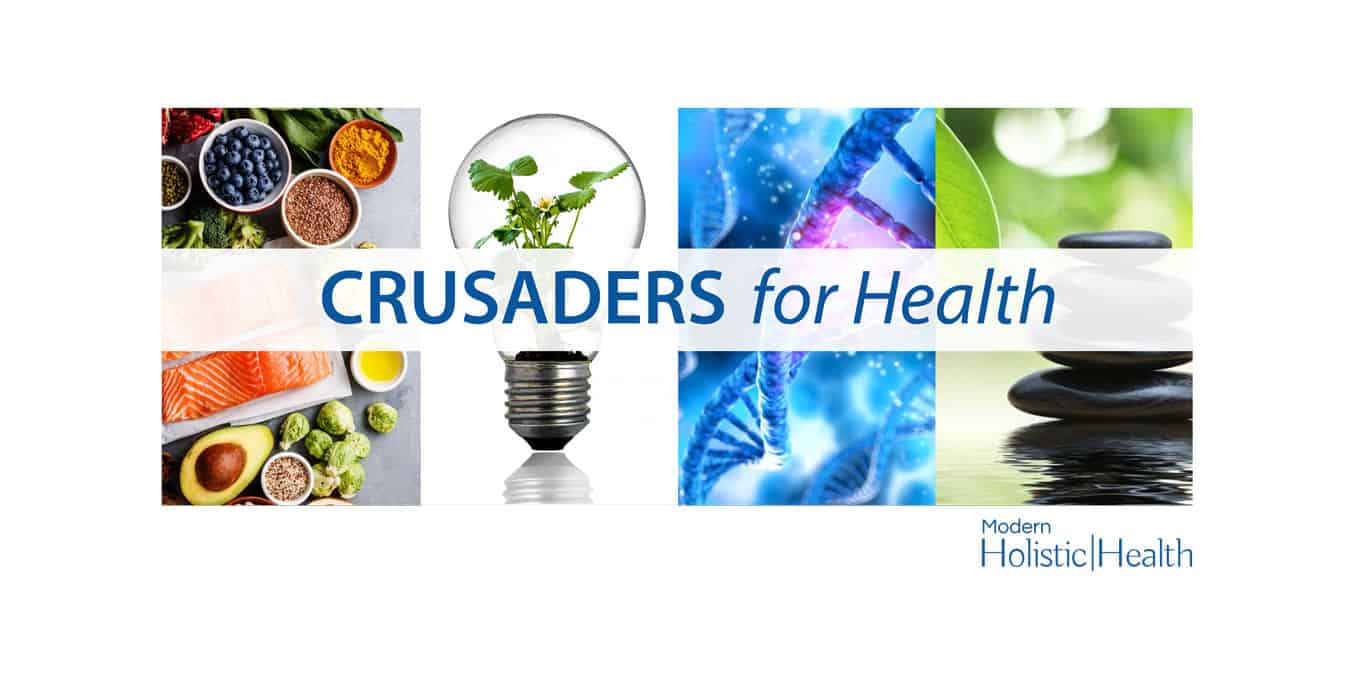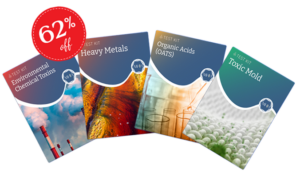
Hypertension is a condition of high blood pressure in the body. Unlike many other sicknesses or diseases such as a sore back or asthma or sinusitis, high blood pressures rarely show any symptoms. If the first symptom of high blood pressure like a stroke or heart attack doesn’t kill you, it can take a permanent toll on the body creating permanent damage to the kidneys, brain, and overall vitality of life. Hypertension is rightly called the “silent killer.”
Holistic approaches for high blood pressure can often be quite effective. While we never advise stopping high blood pressure medications, there are often times changes that can be made which will bring down blood pressure and allow the patient to work with their doctor to then decrease their blood pressure meds accordingly.
Normally, high BP is related to lifestyle choices, uncontrolled weight gain, nutritional deficiencies, and stressful life. If blood pressure is elevated for a long time, not only can permanent damage be done to the kidneys, the arterial walls can also become rigid and prone to damage which can lead to strokes. Additionally, hormones that are released during a stressful situation can lead to metabolic changes in the body which can damage the inner walls of the blood vessels and provoke the buildup of fatty deposits in the arterial walls where the damage has occurred. It is often not until a serious health issue such as a heart attack or stroke that a person finds out about their hypertensive state.
While Hypertension is a fairly common condition, it is NOT normal! Among numerous theories for the phenomenon, one is the high intake of salt in the food. While many doctors will tell their patients to avoid salt it’s interesting to note that salt contains minerals essential for normal body function. The excessively high intake of carbohydrates and sugars, combined with high cortisol levels from stress, lack of physical activity, and chronic dehydration seems to be the more likely cause of why salts ‘increase’ blood pressure.

Diet can bring significant changes. Reducing carbohydrates to just those found in vegetables and eliminating sugar intake can significantly reduce inflammation to the inside of the blood vessels which can help lower blood pressure. And don’t forget to keep hydrated with purified water.
There are a plethora of research studies on how diet plays a huge roll in preventing and reducing and hypertension; however, let’s not forget physical body movement. One of the most beneficial alternative therapies for reducing and controlling blood pressure in addition to a proper diet is yoga. Many scientific research studies have been done to prove the physiological changes in blood pressure reduction when yoga is practiced regularly. Among these studies, one showed the response of patients that was calculated after 3 months, 6 months, 9 months, and a year. Out of those who practiced just the yoga alone (not implementing diet changes and other lifestyle changes), 53 percent of people responded to the program showing a reduction in their blood pressure.
Not every program or sequences of yoga postures or group classes are suitable for hypertensive students. Keeping the limitations in mind, the very best approach is to seek out a customized or personal program from a certified yoga teacher. For example, a yoga instructor would be able to advise against certain types of yoga-like bandhas (energy locks) and kumbakh (retention of breath) as these can cause blood vessel damage in a person who is having issues with their blood pressure. There are many types of yoga practices and a yoga instructor will be able to help you find the best one for you.
It is a common practice for those using yoga to help with blood pressure to incorporate the prolonged relaxation in Savasana (corpse pose) and Narayana (recline on the left side) help bring the balance the endocrine system and high blood pressure down. In addition, many find that it helps calm the mind as well.
A multi-pronged method is often required to control blood pressure. These changes include managing external stressors like those found with your daily activities. Try taking short and multiple relaxation breaks, yoga practice of simple postures. Change up your foods to reduce excessive carbohydrate and sugar intake. Eat at home where you can prepare fresh home-cooked foods. Make some time for some quiet meditation. Increase your physical activity. Try working with a holistic practitioner.

-
Modern Holistic Health
3267 Bee Cave Rd, Ste. 107-187 Austin, TX 78746 - 512.550.7933 | (888) 260-3377
- [email protected]







